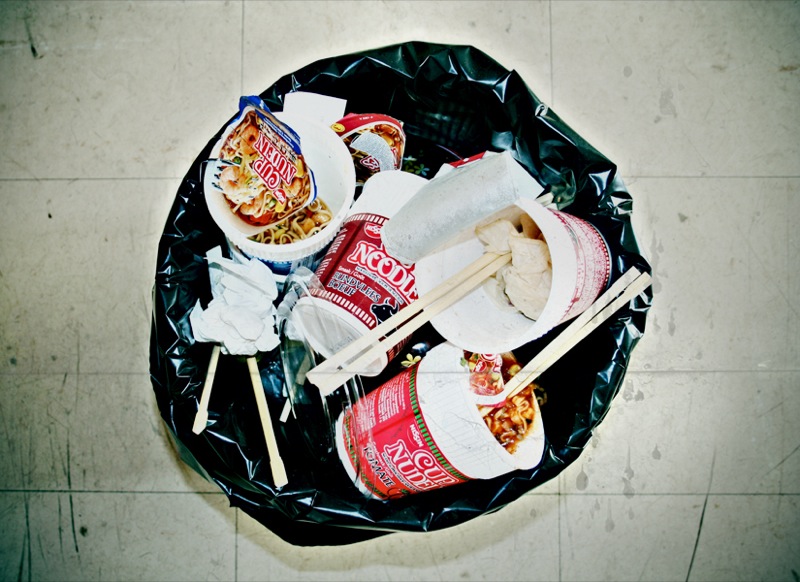
Ryan Woods on the wastefulness of Western culture.
The French Senate voted unanimously on a law which forces supermarkets in the country to give all their unwanted food to charities, a move that was met with international applaud. Back in Britain, a few months ago, Morrisons became the UK’s first supermarket to do the same – surely now we can all sleep happier knowing the issue is solved. Wrong. It’s great that Morrisons have taken it upon themselves to donate unsold food, even better that France has made it law, but why has it taken this long, and why are we all so happy about it? Shouldn’t it be expected that all supermarkets do this, to help the communities they are so quick to say they are a pillar of? It isn’t hard to put unsold food in a box instead of a bin and simply let a charity take it off your hands, so the fact it’s only Morrisons that does it, and has also taken this long, is truly a disgrace.
It’s easy to point the finger at supermarkets but none of us are without blame. According to the aptly title Love Food Hate Waste, yearly, ‘almost 50% of the total amount of food thrown away comes from our homes’, an amount which equates to 7 million tonnes. The website is quick to point out that the reasons for this is that we either cook more than we need or don’t use it on time. Not only is that painfully obvious, but they’ve missed the key reason why we waste so much – society. We’ve become accustomed to having an abundance of cheap and available food, food that will never be unavailable or becomes too expensive for us to continue buying. We eat for pleasure as much as we do to survive. We even reject foods that don’t look exactly how we like them to despite the fact we know they will taste just the same. It is a true first world problem, not the crass irritations people insensitively label so whilst ignoring genuine issues across the world and even closer to home. We all throw away inordinate amounts of food whilst simultaneously aware that many in poverty don’t have enough.
This huge amount of wasted food coexists with a continuing rise in homelessness and an increasing demand for foodbanks, a most confusing and saddening correlation. There are many things that can be done, both individually and as communities, but it starts by following in France’s footsteps and ensuring everyone has the opportunity to eat.
